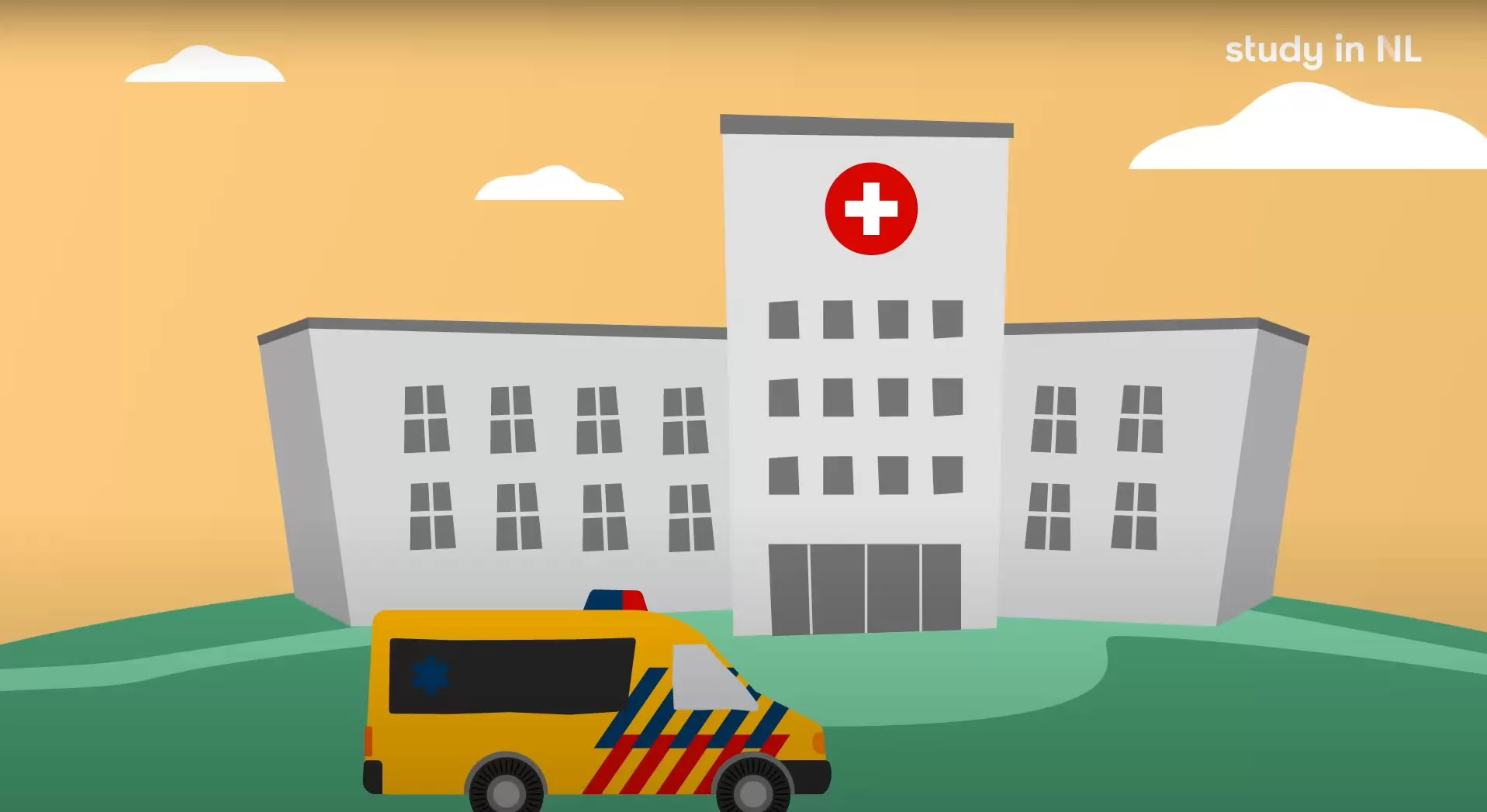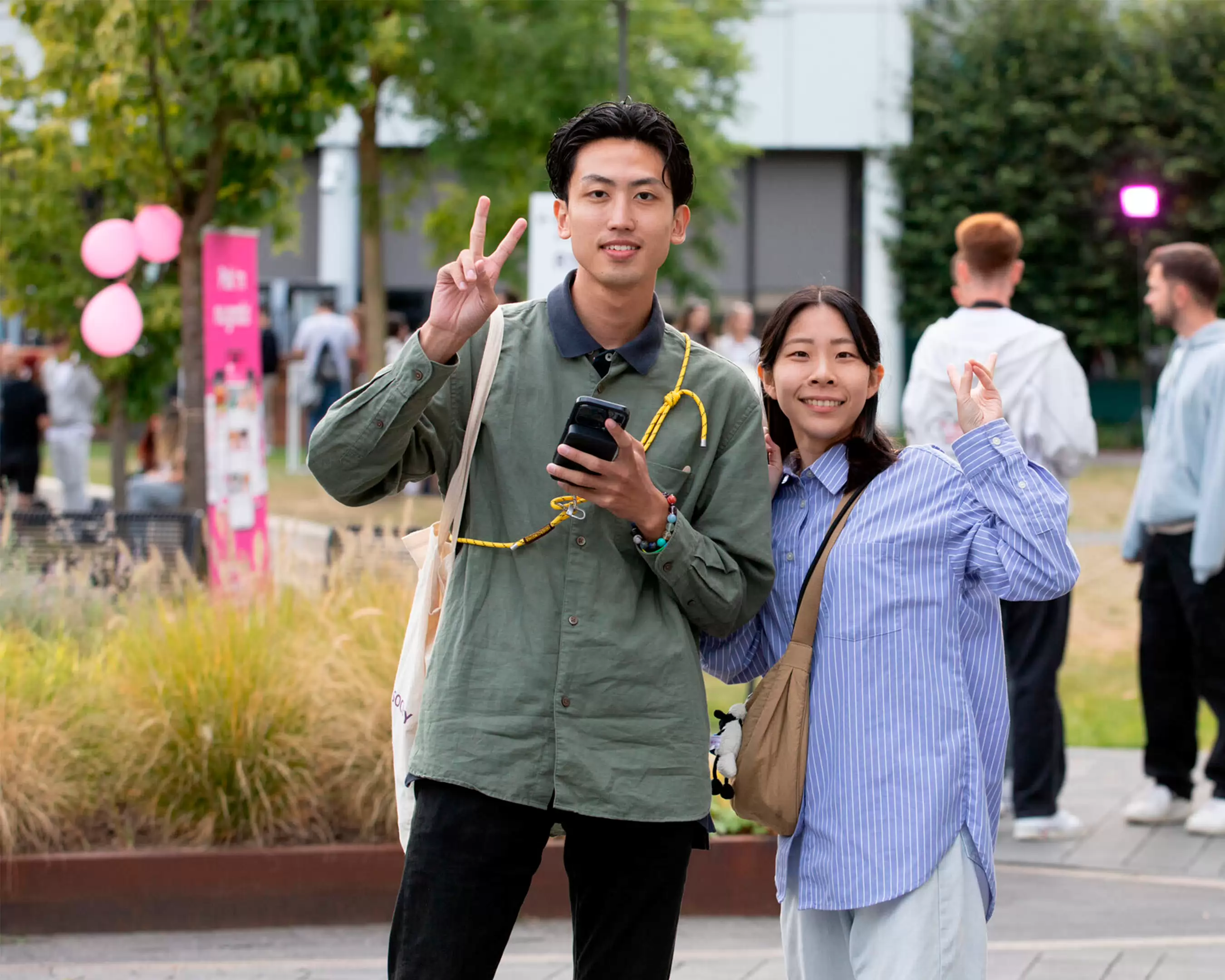
Healthcare
About medical care in the Netherlands
If you need to see a ‘tandarts’ (dentist), you will need to make an appointment by telephone, by calling between the hours of 09:00 and 10:00. Remember to check your insurance cover, as free dental services are not available in the Netherlands.
Health insurance in the Netherlands
By law, you must have health insurance while living in the Netherlands. The type of insurance you need depends on your personal situation. Different rules apply to different situations.
On the website Study in NL you will find a detailed explanation of when you will need Dutch Healthcare insurance.
Go to Study in NL
Frequently asked questions about healthcare in the Netherlands
That depends on your situation.
- If you only study in the Netherlands, you may not need Dutch insurance.
- If you have a paid job or internship, or if you are 30 or older, you must get Dutch public health insurance.
Go to Studyinnl.org for more information about Dutch healthcare insurance
Yes, if you are from the EU/EEA or Switzerland, you can use your EHIC card for temporary healthcare.But it may not cover all medical costs, and it is not valid if you get a job or internship.
InsureToStudy is a private insurance for international students. It covers health care, accidents, liability, and more. Fontys recommends this insurance and offers a student discount.
You must first go to a general practitioner (GP), called huisarts in Dutch. The GP helps you with most health problems and can refer you to a specialist if needed.
Always make an appointment first.
In an emergency, call 112 for an ambulance, police, or fire department. If it is not urgent, contact your GP or an after-hours clinic (huisartsenpost).

